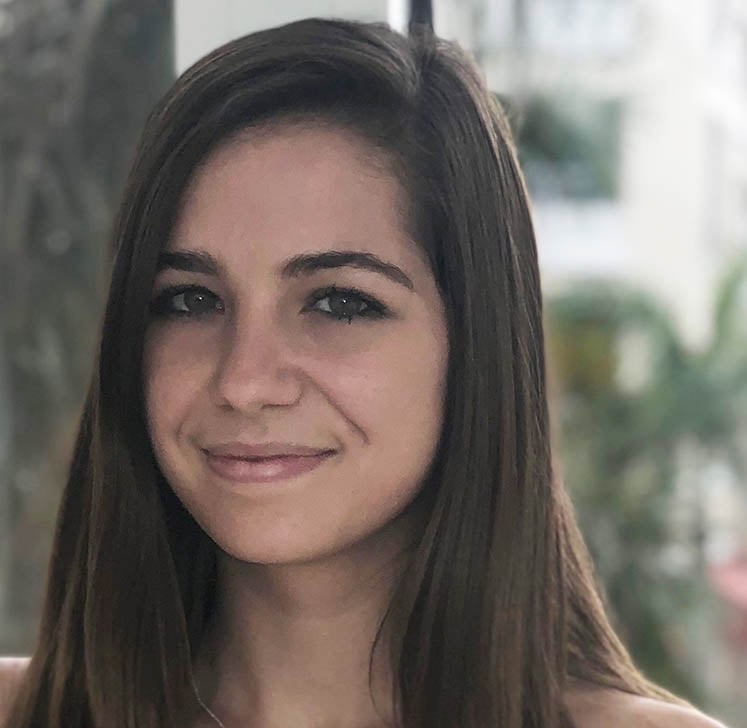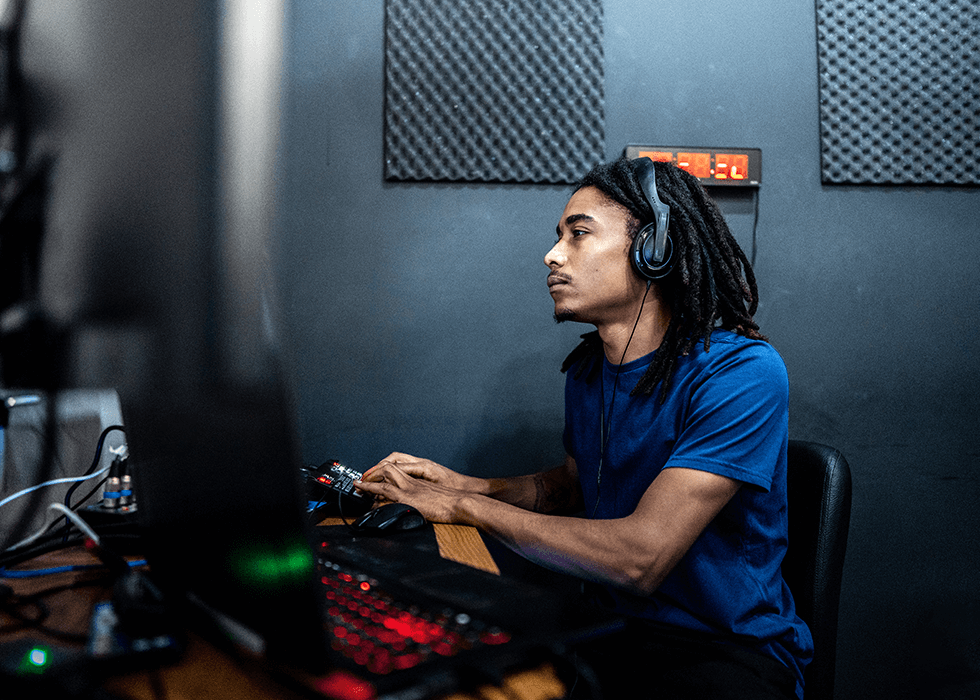News & Trends
GPT-4 Tutor for Students
 Officially launched on March 13, 2023, GPT-4 is the latest milestone in OpenAI’s effort to scale up deep learning. And its progress shows a promising trajectory for the technology.
Officially launched on March 13, 2023, GPT-4 is the latest milestone in OpenAI’s effort to scale up deep learning. And its progress shows a promising trajectory for the technology.
According to OpenAI’s website, GPT-4 can pass a simulated bar exam with a score around the top 10% of test takers, whereas previously, GPT-3.5’s score was around the bottom 10%. This is because OpenAI has spent six months aligning GPT-4 using lessons from their adversarial testing program and ChatGPT, leading to their best-ever results.
On the same day that research lab OpenAI released GPT-4, a more advanced version of ChatGPT, Khan Academy founder and chief executive Sal Khan introduced Khanmigo, an application of GPT-4 that will be integrated into Khan Academy's videos and lessons. Those familiar with Khan Academy know that many professors utilize it to enhance their learning methods, and it is a wonderful source of information for formal and informal learning.
And the timing of this release wasn’t coincidental at all. Khan had been working for six months before its release with OpenAI to understand GPT-4’s possibilities as he foresees artificial intelligence will be a powerful tool for learning and teaching.
Previously stated in this article, Khan said Khanmigo would not just upright give answers to students but will ask questions and coax answers — just like a decent tutor would.
“Students can have conversations with presidents they’re studying in history class,” Khan explained some of its other promising functions. “Khanmigo will take the other side in debate exercises.”
But while announcing Khanmigo, he stated that “there is a long way to go. AI makes mistakes. Even the newest generation of AI can still make errors in math.”
So, Khanmigo is rolling out slowly while Khan and his team troubleshoot and build safeguards into the system. Slow and steady wins the race, after all.
The initial users have been a select group of students, teachers, and investors. But soon, Khanmigo will be open to the 500 school districts partnered with Khan Academy. Additionally, several thousand people will be let in over the next few weeks via Khan's waiting list for a fee of $20 per month. The cost should come down substantially in the coming months. Also, it’s important to know that low-income schools won’t be charged.
However, the impact of this technology has sparked varying concerns and controversies across fields of study. Some are excited about the implications it can have. But not everyone sees this technology as an earth-shattering phenomenon. Its rapid popularization has sent schools scrambling to develop guidelines on how to begin to approach it. Concerns of cheating using GPT-4 functionalities is one of the main apprehensions for higher education institutions. And many ponder: How will this affect the pedagogy of various professors? Institutions will have to consider these concerns as progress continues with artificial intelligence.
















